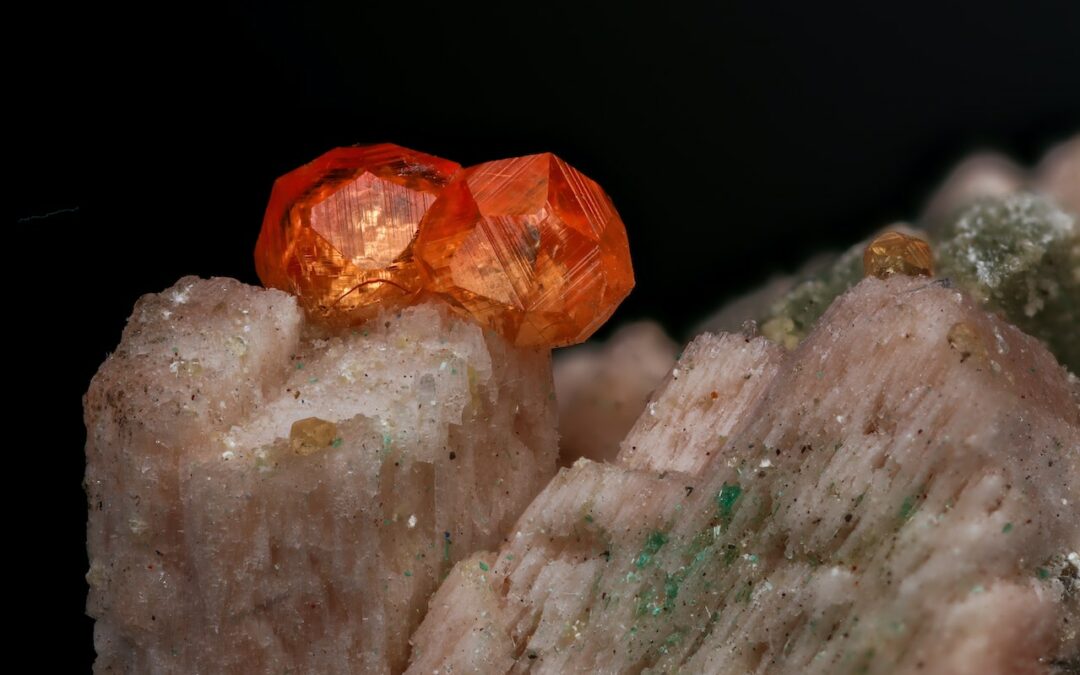


New Audi A6 e-tron is an electric BMW 5 Series rival
Audi’s mid-size company-car favourite goes all electric, and has been revealed in tandem with the practical Avant estate

Genetically engineered insects could transform waste management
A team from Macquarie University has explored the potential use of genetically modified black soldier flies (Hermetia illucens) to address worldwide pollution challenges and produce valuable raw materials for industry, including the US$500 billion global animal feed market.
While black soldier flies are currently used commercially to consume organic waste before being processed into animal feedstock, the Macquarie University bioscientists have devised genetic modifications that they say will expand the use of the insects, making them able to tackle a wider range of refuse. This could lead to the flies producing valuable industrial raw materials.
The team’s research has been published in the journal Communications Biology.
“One of the great challenges in developing circular economies is making high-value products that can be produced from waste,” said synthetic biologist Dr Kate Tepper, lead author of the paper and a Postdoctoral Research Fellow at Applied BioSciences, Macquarie University.
An estimated 40–70% of global organic waste finds its way to landfill.
“The landfilling of organic waste creates about 5% of annual global greenhouse gas emissions and we need to get this to 0%,” Tepper said.
Engineering insects to make industrial enzymes and lipids that are not used in food supply chains will expand the types of organic wastes that can be used, adding utility to lower-grade organic wastes.
“Insects will be the next frontier for synthetic biology applications, dealing with some of the huge waste-management challenges we haven’t been able to solve with microbes,” said senior author Dr Maciej Maselko, who heads an animal synthetic biology lab at Macquarie University’s Applied BioSciences.
Genetically engineered microbes require sterile environments to prevent contamination, along with lots of water and refined nutrient inputs. In contrast, “we can feed black soldier flies straight, dirty trash rather than sterilised or thoroughly pre-processed [trash]. When it is just chopped into smaller pieces, black soldier flies will consume large volumes of waste a lot faster than microbes,” Maselko said.
The researchers suggested that genetic engineering could piggyback on the existing infrastructure for large-scale black soldier fly farming, elevating the flies from simple waste processors to high-tech biomanufacturing platforms. Their paper calls for better genetic engineering tools for key insects.
“Physical containment is part of a series of protections. We are also developing additional layers of genetic containment so that any escapees can’t reproduce or survive in the wild,” Maselko said.
Commercialisation of black soldier fly biomanufacturing is already underway through a Macquarie University spin-out company, EntoZyme.
Tepper said that the introduction of genetically engineered insects has potential, not just in the multibillion-dollar waste management market, but also in the production of a range of high-value industrial inputs.
“When there is an economic incentive to implement sustainable technologies, such as engineering insects to get more value from waste products, that will help to drive this transition more rapidly,” she said.
Image credit: iStock.com/Andrew Waugh
Levelling-up circularity in the fashion industry
This post was originally published on WBCSDThe call to action is loud and clear. In May, Global Fashion Agenda’s CEO, Federica Marchionni declared: “Every company must depart from business as usual” at the Global Fashion Summit, spotlighting the need for the fashion...
